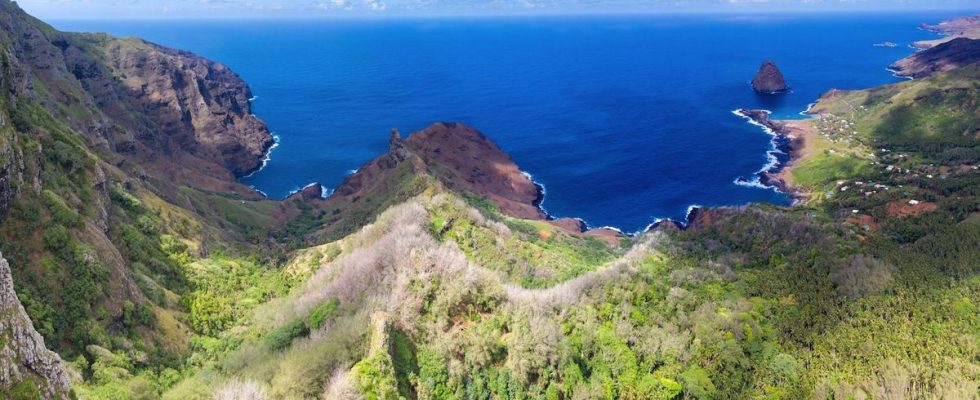Published on
Updated
Reading 2 mins.
The nuclear tests carried out in French Polynesia in the 1970s have been the subject of epidemiological studies for years. In a new publication, Inserm confirms slightly increased risks of thyroid cancer for the populations concerned.
Between 1966 and 1996, France carried out 193 nuclear tests in French Polynesia. A decision with potentially dramatic repercussions for the health of the inhabitants. This is why for several years, research teams have been trying to assess the possible consequences of the radioactive fallout from these nuclear events, more particularly for pathologies that can be radiation-induced, such as cancers. In a new publication, Inserm scientists estimate according to a prediction analysis that these nuclear tests carried out by France could be responsible for 2.3% of cases of thyroid cancer.
Low risks according to several studies carried out
Previous work published by a research team from Inserm and the University of Paris-Saclay with Gustave-Roussy had already looked at the relationship between the frequency of thyroid cancers in French Polynesia and the atmospheric nuclear tests carried out by France. The results concluded that the risk of thyroid cancer most likely appeared to be slightly increased with the radiation dose received.
In line with this work, the same research team carried out a second epidemiological study of 395 cases of thyroid cancer diagnosed between 1984 and 2016 in Polynesia and 555 controls from the general population. For the first time, they had access to the original documents of the internal reports of the radiation protection services declassified by the army.
Of all the cancer cases (395 people), the scientists found no significant association between the dose of radiation to the thyroid and the risk of thyroid cancer. Based on these cross-data (population shifts, dietary habits and thyroid cancer incidence rate), the researchers also carried out a risk prediction and showed that, on the basis of current risk models with a numerical result: the nuclear tests carried out by France could be responsible for a total of 2.3% of the total cases of thyroid cancer.
“These results are consistent with what we had previously concluded and confirm that nuclear tests are very likely the cause of a slight increase in the incidence of thyroid cancer in French Polynesia. However, they must be considered with caution because the estimate of the radiation doses received by the thyroid more than 50 years ago is necessarily imprecise”explains Florent de Vathaire, Inserm researcher at Gustave-Roussy, first author of the study in a press release
But still “minimized” results for Polynesians
Faced with this study published in the journal JAMA Network Open, the Polynesians, the first concerned, sway between indignation and disbelief.
“I am outraged that we can still publish articles that minimize the consequences of the 193 nuclear tests in Polynesia”, reacted to theAFP Hinamoeura Cross, elected to the Assembly of French Polynesia, herself suffering from radiation-induced chronic leukemia.
For other activists, however, the announcement makes it possible to recognize certain cancers and to consider compensation for people born after 1974, who developed cancer between 1984 and 2016 “as explained by Father Auguste Uebe-Carlson, president of the association 193 taken up by Le Point.The man however observes “a tendency of the State and therefore of Inserm to minimize the impact of nuclear fallout.”
According to him, the Institute will one day have to explain “why there are so many cancers in our atolls”.
